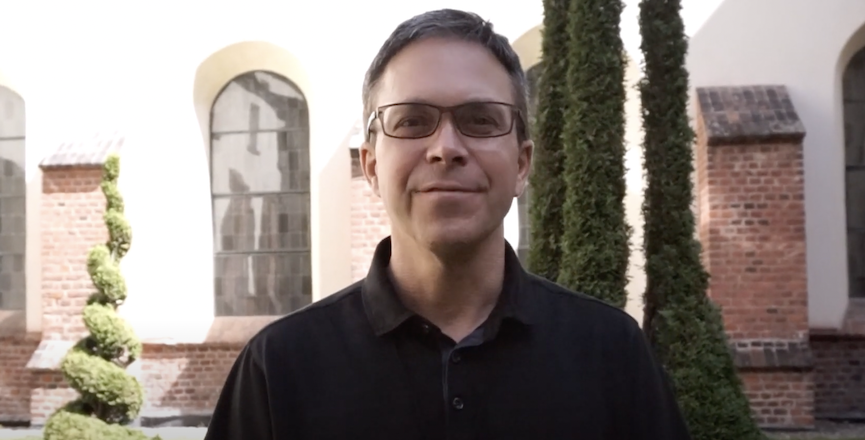Jack Morris, who helped pitch the Toronto Blue Jays to their first World Series title in 1993 and was recently inducted into Baseball’s Hall of Fame, got in trouble this week and lost his job as a baseball TV analyst.
He mocked Shohei Ohtani, the major league home run leader, on air by using an exaggerated and stereotypical Japanese accent, saying pitchers needed to be “very, very careful” when pitching to the Los Angeles Angels star.
That was bad enough but his “apology” later in the broadcast did him in. It’s worth examining why because it sends an important message to anyone in the public eye who is forced to walk back unacceptable or racist remarks.
His slur elicited an immediate storm of outrage on social media, and Morris either was ordered or decided to respond later in the game, saying something has “been brought to my attention.”
The retired pitcher said he never intended to cause any offense, “and I sincerely apologize if I offended anybody, especially anybody in the Asian community for what I said about pitching and being careful to Shohei Ohtani.…I apologize if I did.”
In other words, his intentions were honourable and he’s sorry if anyone thought otherwise.
Bally Sports Detroit, which broadcasts the games, wasn’t buying it. It suspended Morris indefinitely and ordered him to undergo anti-bias training. The Detroit Tigers stood behind the decision to have its long-term former star step aside.
According to conflict management research, a proper apology should have six elements: There should be an expression of regret; an explanation of what went wrong; acknowledgement of personal responsibility; repentance; a pledge to make sure it never happens again; and a request for forgiveness.
By these standards, Morris struck out. And he paid the price for it.
Message to all public figures: If you slip up in today’s very public world of social media, your mistake is amplified and you need to take personal responsibility for it. If you don’t, the media will hold your feet to the fire, as happened to Morris.
What, then, are we to make of the non-apologies so far offered up by the Catholic Church order that stands at the centre of Canada’s shameful legacy of residential schools, in particular, evidence of a suspected 1,300 bodies discovered in unmarked graves at four schools it administered?
Where is the media pressure for the Missionary Oblates of St. Mary Immaculate to not only properly apologize for the graves but to turn over records to help identify the bodies its priests buried and forgot about?
In the three months since Tk’emlúps te Secwépemc First Nation detected the remains of an estimated 215 children near a former residential school in Kamloops, B.C., I have been able to find only two published statements from the Canadian head of that order, Rev. Ken Thorson of Ottawa. Very often even the name of the order is omitted from news stories.
One of the statements was not an interview but a press release Thorson issued on May 31, which only the Kamloops This Week newspaper linked to. In it, the priest neither apologized nor promised anything.
The other was an interview carried by the CBC, which alone among mainstream media outlets has been doing admirable investigative work to uncover facts about the graves.
In that interview with the CBC’s Power and Politics program, Thorson made a formal “commitment to transparency” to “disclose and not block access” to records from all 48 residential schools it formerly administered. But there were some notable caveats, which Thorson revealed only under questioning. Disclosure would have to wait until the order has digitalized its records — a process that could take months — and no personnel files would be made public. In other words, we will not be able to find out who was responsible.
The video of that interview is revealing. Thorson says he is sorry only “for our involvement” and seems to have difficulty looking directly at the camera.
Predictably, Indigenous leaders are skeptical. Chief Bobby Cameron with the Federation of Sovereign Indigenous Nations (FSIN) noted the Oblates had promised in the past to release records pertaining to residential schools but nothing had happened. He said if the order does not release every record available, or it prolongs the record releasing process, the FSIN would look at legal action. Since he made that statement on June 25, I have not seen any media follow-up.
By any measure, the discovery of the graves is Canada’s most important news story of 2021 and an election issue. The federal election will be held on Sept. 20 and 10 days later, Sept. 30, Canadians get to mark our first National Truth and Reconciliation Day, a mandatory holiday we are encouraged to use to remember the genocide our federal government and the churches perpetrated against Indigenous people.
Canadians clearly want accountability. An online petition posted by the Green Party’s Paul Manly, MP for Nanaimo-Ladysmith, calls on the federal government to pay for searches of all 139 former residential schoolgrounds and to release all records it holds and compel religious orders to do the same. It has 42,195 signatures.
It’s high time for Rev. Ken Thorson to properly apologize and hand over everything. It’s high time the police got involved and made him do that. It’s also high time to ask the national press: Why have you forgotten about this story?
From media executive to media critic, John Miller has seen journalism from all sides (and he often doesn’t like what he sees). He draws on his 40 years in news, including five years as deputy managing editor of the Toronto Star, and 10 years as chair of the School of Journalism at Ryerson University. His 1998 book Yesterday’s News documented how newspapers were forfeiting their role as our primary information source.
Image: Video capture/Misjonarze Oblaci MN w Polsce/YouTube



